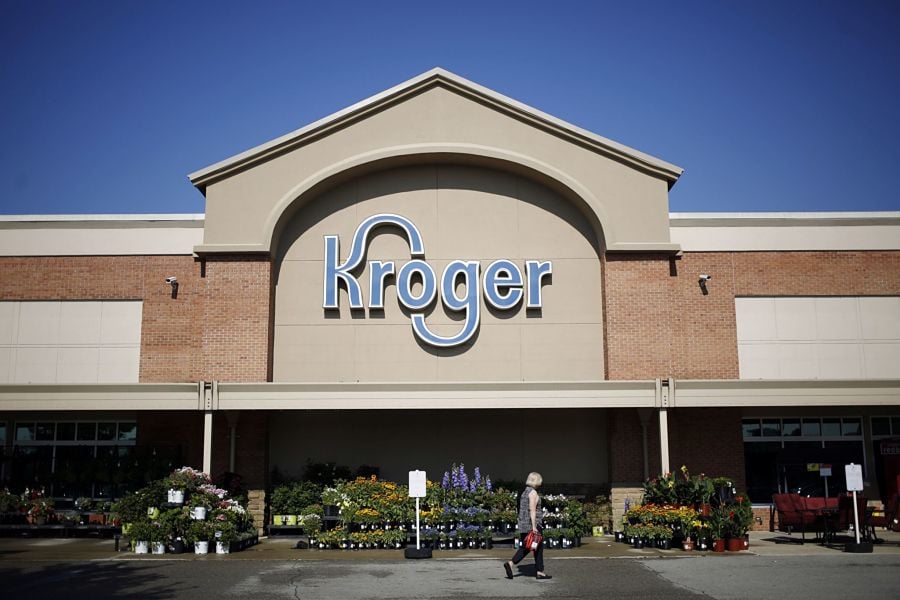

Grocery chain Kroger on Friday became the latest company targeted over fees in its 401(k) plan, with plaintiffs citing excessive fees of as much as $1.33 per person a month.
Law firms Walcheske & Luzi and Strauss Troy filed a lawsuit in U.S. District Court in Cincinnati, alleging that Kroger failed its employees for years by agreeing to unnecessarily high record-keeping costs paid to Bank of America Merrill Lynch.
Since 2015, the $5.9 billion plan has paid record-keeping fees of $30 per participant annually, according to the complaint. While that amount is higher than rates the law firms identified for a handful of comparably sized 401(k)s, it was at most slightly higher than $1 per month per participant more than that of the most competitive plan on the list. Those rates ranged from $27 per participant in the Kaiser Permanente plan to as low as $14 in the Fidelity Investments plan, according to 2018 Department of Labor data cited in the complaint.
“These objectively unreasonable record-keeping fees cannot be justified. Defendants’ failures breached the fiduciary duties they owed to plaintiff, plan participants and beneficiaries,” the law firms wrote in the suit. “Prudent fiduciaries of 401(k) plans continuously monitor fees against the market rates, applicable benchmarks and peer groups to identify objectively unreasonable and unjustifiable fees.”
Representatives from Kroger did not immediately respond to requests for comment.
As of 2019, the Kroger plan included more than 92,000 participants, according to the complaint.
The law firms make two claims against the grocer, the first being breaches of the duties of loyalty and prudence and the second being a failure to adequately monitor other fiduciaries under the Employee Retirement Income Security Act.

Integrated Partners is adding a mother-son tandem to its network in Missouri as Kestra onboards a father-son advisor duo from UBS.

Futures indicate stocks will build on Tuesday's rally.

Cost of living still tops concerns about negative impacts on personal finances

Financial advisors remain vital allies even as DIY investing grows

A trade deal would mean significant cut in tariffs but 'it wont be zero'.
RIAs face rising regulatory pressure in 2025. Forward-looking firms are responding with embedded technology, not more paperwork.
As inheritances are set to reshape client portfolios and next-gen heirs demand digital-first experiences, firms are retooling their wealth tech stacks and succession models in real time.
